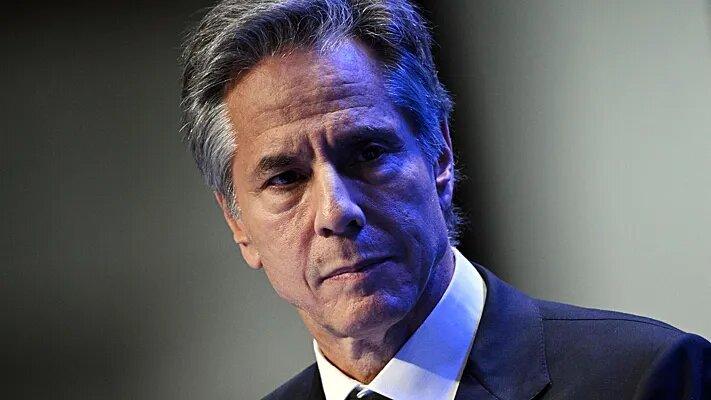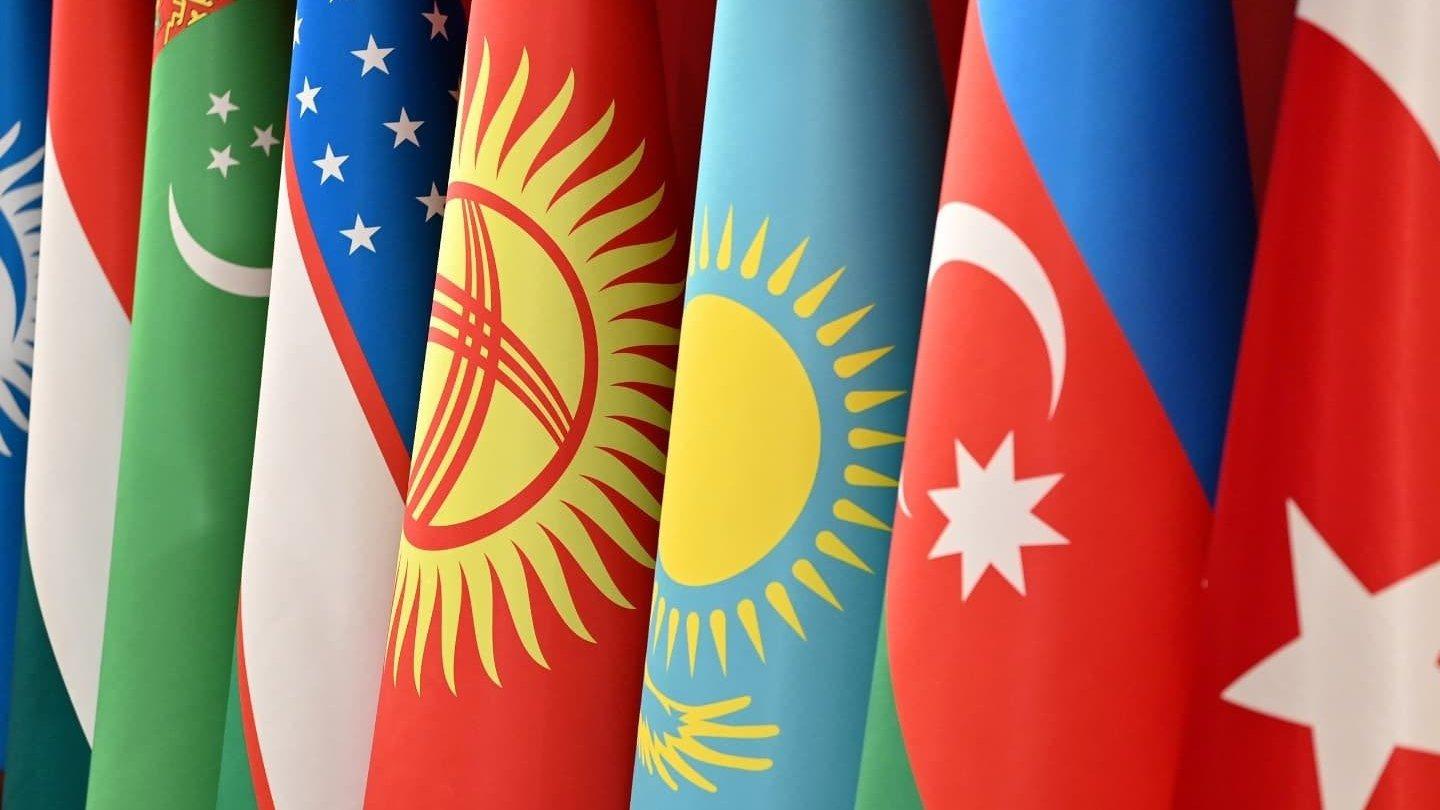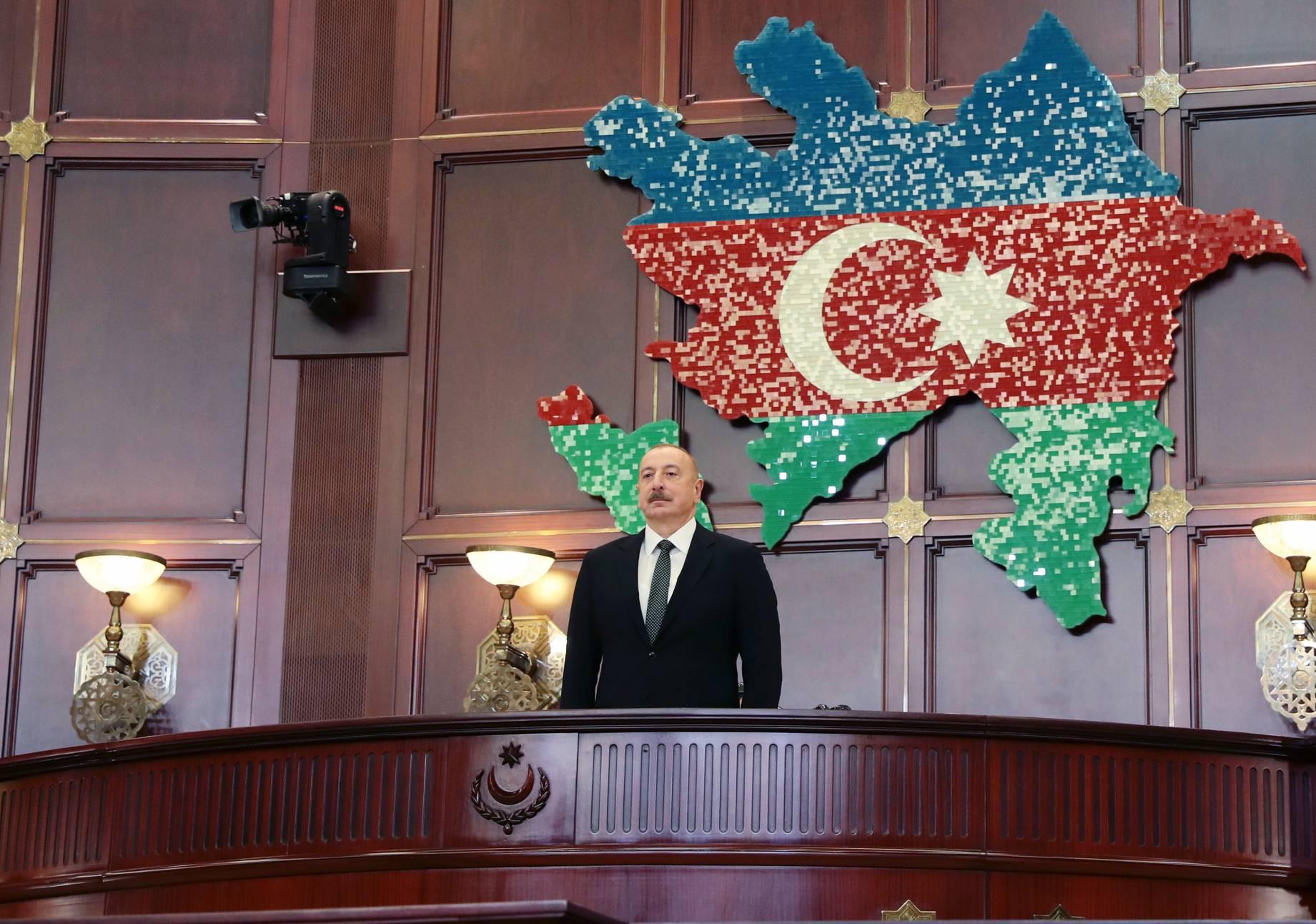Global geopolitical shifts The rise of blocs and alliances
The world is certainly fragmented. And it has been for a long time. The question is, what awaits us all in such circumstances? Further fragmentation? Regionalization? Or perhaps, a block-based form of coexistence among states (regions), and therefore, among people? This is a truly pressing question, especially against the backdrop of not just exploration, but breakthroughs from various poles.
In his recent speech at the Brookings Institution in Washington, US Secretary of State Antony Blinken, amidst challenges posed by China and Russia, emphasized the US intention to "breaking down of the silos between European alliances, Asian alliances." He outlined Washington's plan to invest in alliances and partnerships, with European allies convinced that the situation in Asia affects them.
The White House's Asian allies view the European direction in a similar way. Blinken highlighted China's support for Russia's defence industry and underscored China's close ties with Russia, Iran, and North Korea. Therefore, the "breaking down of the silos," including with US partners worldwide, will enable the creation of " a very powerful edifice with these fit-for-purpose coalitions – different sizes, different shapes, focused on different discrete challenges." This forms part of the " new landscape, the new geometry that we’ve put in place."

In the same vein, departing NATO Secretary General Jens Stoltenberg expressed NATO's commitment to strengthening cooperation with countries in the Asia-Pacific region, including New Zealand, the Republic of Korea, and Japan. Stoltenberg emphasized that partnerships of this kind should become "significant."
Meanwhile, China's Ambassador to the US, Cui Tiankai, affirmed Beijing's dedication to "a fair and orderly multipolar world," stating that China "will always be a steadfast member of the Global South and a major force contributing to its development and prosperity."
It is evident that the positions articulated by the US and China above unequivocally confirm the presence, if not the formalization, of a bloc-like format in international relations, or at the very least, a pathway being explored towards it. In this context, experts are increasingly examining the prospects for both the Organization of Turkic States (OTS) and the broader linkage between the South Caucasus and Central Asia from a distinct perspective.

In this context, it is pertinent to refer to specific tones from the speech delivered by President Ilham Aliyev of Azerbaijan at the 10th Summit of the Organization of Turkic States (OTS) in 2023. He highlighted widespread "gross violations of international law" leading to wars and bloody conflicts, emphasizing that the "guarantor of security" should be defined by "defence capabilities." In light of this, he underscored the importance of further enhancing cooperation among member countries in areas such as "security, defence, and defence industry."
During his inauguration ceremony on February 14, 2024, Aliyev outlined as a priority for Baku to take further steps within the OTS framework. "This is our main international organization because this is our family. We have no other family. Our family is the Turkic world. If someone thinks that we should seek a family elsewhere, I can say that nowhere are we awaited and it is no longer concealed," stated the head of state. Drawing attention to artificial "dividing lines" in the South Caucasus, the president described the OTS area as encompassing significant "geography, territory, military strength, and economy," absorbing substantial "natural resources, transport routes, young population, peoples of the same kinship, and roots."
According to Ilham Aliyev, there can be no stronger unity than this, hence "we must, through joint efforts, transform the OTS into an important actor and centre of power on the global stage."
In this context, it is pertinent to refer to specific tones from the speech delivered by President Ilham Aliyev of Azerbaijan at the 10th Summit of the Organization of Turkic States (OTS) in 2023. He highlighted widespread "gross violations of international law" leading to wars and bloody conflicts, emphasizing that the "guarantor of security" should be defined by "defence capabilities." In light of this, he underscored the importance of further enhancing cooperation among member countries in areas such as "security, defence, and defence industry."
During his inauguration ceremony on February 14, 2024, Aliyev outlined as a priority for Baku to take further steps within the OTS framework. " This is the main international organization for us, because it is our family. We have no other family. Our family is the Turkic world. If anyone thinks that we should look for a family elsewhere, I can say that we are not welcome anywhere and they are not even hiding this anymore," stated the head of state. Drawing attention to artificial "dividing lines" in the South Caucasus, the president described the OTS area as encompassing significant "geography, territory, military strength, and economy," absorbing substantial " natural resources, transportation routes, young and growing population, and peoples from the same roots."
According to Ilham Aliyev, there can be no stronger unity than this, hence "we must make joint effort so that the Organization of Turkic States becomes an important actor and power centre in the global arena."

Perhaps here it is relevant to mention the remarks made by former Ambassador of Kyrgyzstan to Azerbaijan, Kairat Osmonaliyev, at the international conference "Organization of Turkic States: Towards New Strategic Goals in the Context of Geopolitical Realities and Global Cataclysms," held last month in Shusha. Observing that the OTS has become a fully-fledged regional international organization and a "recognizable factor in world politics," he highlighted the crucial importance of redefining the place and role of the OTS structure in "the rapidly changing world, given that issues of global, regional, and national security have come to the forefront."
Therefore, against the backdrop of shaping a new world order, there is a special consideration for the creation of a "Turkic world security system, where the security of each individual country would guarantee the security of our entire region." He proposed that "alongside the Turkic Union represented by the OTS, we should also consider in the future the creation of a Turkic NATO or a Turkic CSTO as a defensive alliance." Leveraging the significant resources, economic potential, and human capital of OTS countries would enable the organization to "become one of the influential global geopolitical players in maintaining global peace and security."
Overall, as many observers believe, the linkage between the South Caucasus and Central Asia has indeed become a crucial geopolitical nexus, whose significance extends far beyond the geographical region. However, a key factor that comes to the forefront is that a peaceful agreement between Azerbaijan and Armenia could further enhance the geopolitical importance of the entire area. As US Secretary of State Antony Blinken mentioned in his speech at the Brookings Institution in Washington, peace between Azerbaijan and Armenia is truly achievable, and its signing serves the interests of the entire region.
One can only hope that Azerbaijan’s geographical neighbours will prevail with common sense.
By Teymur Atayev
The views and opinions expressed by guest columnists in their op-eds may differ from and do not necessarily reflect the views of the editorial staff.








